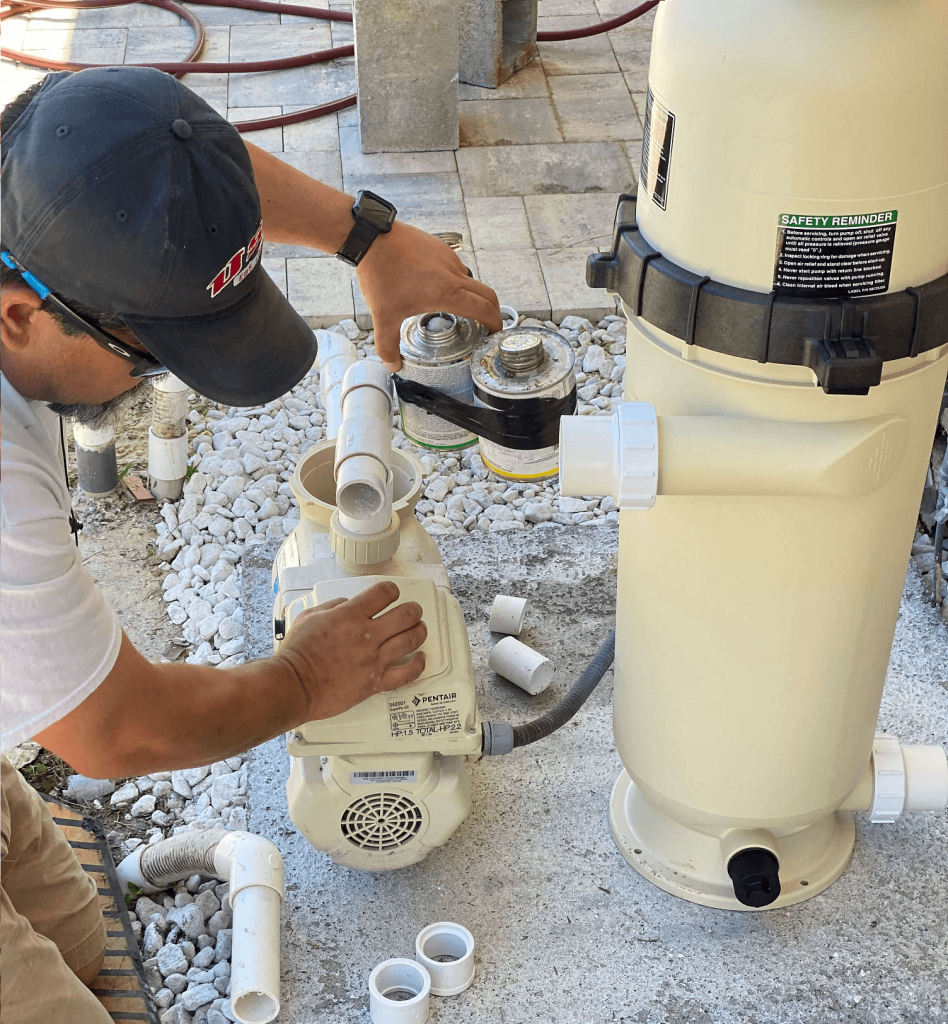Advanced Water Softeners: Bid Farewell to Hard Water Woes Permanently
Advanced Water Softeners: Bid Farewell to Hard Water Woes Permanently
Blog Article
Understanding the Key Parts of Effective Water Purification Systems

Value of Water Purification Solution
Water filtration systems play an essential duty in ensuring access to safe and tidy alcohol consumption water by effectively eliminating contaminations and contaminants. These systems are essential in dealing with the growing issues over water high quality and the possible health risks related to consuming polluted water. By utilizing different filtration devices such as reverse osmosis, triggered carbon, and UV sterilization, water filtering systems can efficiently remove dangerous compounds like bacteria, infections, heavy steels, and chemicals from the water.
Furthermore, water filtering systems help to enhance the preference and odor of water by getting rid of chlorine, debris, and various other contaminants that can influence its high quality. Water Filtration Systems. This enhancement in water top quality not just makes it much more palatable however additionally encourages people to consume an adequate quantity of water daily, promoting much better hydration and total wellness
Types of Purification Elements

Physical filters are made to physically strain out impurities from the water. These filters can be constructed from materials like ceramic, carbon, and even sand, and they function by capturing bits larger than the filter's pores as water goes through.
Chemical filters make use of different chemical processes to eliminate pollutants from the water. Examples consist of turned on carbon filters, which adsorb contaminations, and turn around osmosis membranes, which use pressure to separate pollutants from the water.
Biological filters make use of living organisms like algae or germs to break down organic matter and toxins in the water. These filters are frequently used in wastewater therapy plants or all-natural water purification systems.
Recognizing the various sorts of filtering parts is critical for picking one of the most ideal water filtering system for details purification demands.
Function of Sediment Filters
Sediment filters play a critical duty in water filtering systems by successfully capturing strong bits put on hold in the water. These filters are usually the very first line of defense in a filtering system, getting rid of bigger fragments such as sand, silt, dust, and corrosion prior read this to the water relocates via finer purification phases. By trapping these sediments, the filters stop them from getting to downstream parts, therefore expanding the lifespan and performance of the entire system.
Neglecting this upkeep can lead to clogging, lowered water flow, and compromised filtering performance. In general, debris filters are indispensable components that add considerably to the performance of water filtering systems.
Duty of Activated Carbon Filters
Playing a vital role in water purification systems, triggered carbon filters are critical in eliminating contaminations and impurities from the water supply. These filters are made to adsorb and trap a vast array of contaminants, consisting of chlorine, volatile organic compounds (VOCs), chemicals, and herbicides. The turned on carbon product has a huge surface, enabling for the reliable trapping of impurities with a process called adsorption. As water goes through the filter, the triggered carbon attracts and holds onto the impurities, ensuring that the water that comes out beyond is cleaner and safer for intake.
Activated carbon filters are very effective at boosting the preference and odor of water by minimizing chemicals that can influence its top quality. Due to their adaptability and integrity, triggered carbon filters are an essential element in guaranteeing that water is purified to the highest possible criteria prior to getting to customers.
Recognizing Reverse Osmosis Solutions
Reverse osmosis systems are innovative water purification systems that use an advanced process to remove contaminants and impurities from drinking water. These systems work by using stress to the water, requiring it with a semi-permeable membrane. This membrane layer acts as an obstacle, permitting just pure water molecules to go through, while blocking larger particles such as minerals, chemicals, and other contaminations. Therefore, the water that appears on the other side is considerably Resources cleaner and much safer for consumption.
One key advantage of reverse osmosis systems is their capacity to eliminate a wide variety of impurities, including hefty steels, liquified solids, infections, and microorganisms. This makes them highly reliable in enhancing the general high quality and safety of drinking water. Furthermore, reverse osmosis systems are reasonably low-maintenance and can be mounted under the sink or in a central filtration system, offering hassle-free accessibility to tidy water throughout the home. On the whole, recognizing exactly how reverse osmosis systems work can aid people make educated choices about their water filtration needs.
Verdict
In conclusion, effective water filtering systems are vital for making sure safe and clean drinking water. The crucial components of these systems consist of sediment filters, activated carbon filters, and turn around osmosis systems. By understanding the feature and function of each component, individuals can make informed choices when picking a water filtering system. It is necessary to focus on the quality of water in order to promote general health and health.
Water purification systems play a critical role in ensuring accessibility to risk-free and clean alcohol consumption water by effectively removing pollutants and pollutants. By using various filtration systems such as reverse osmosis, click resources triggered carbon, and UV sterilization, water filtering systems can efficiently remove dangerous compounds like bacteria, infections, hefty metals, and chemicals from the water supply.
Debris filters play an essential function in water filtering systems by successfully capturing solid particles put on hold in the water (Water Treatment).Playing an important role in water purification systems, triggered carbon filters are instrumental in removing pollutants and pollutants from the water supply.Reverse osmosis systems are advanced water purification systems that employ an advanced procedure to remove pollutants and pollutants from drinking water
Report this page